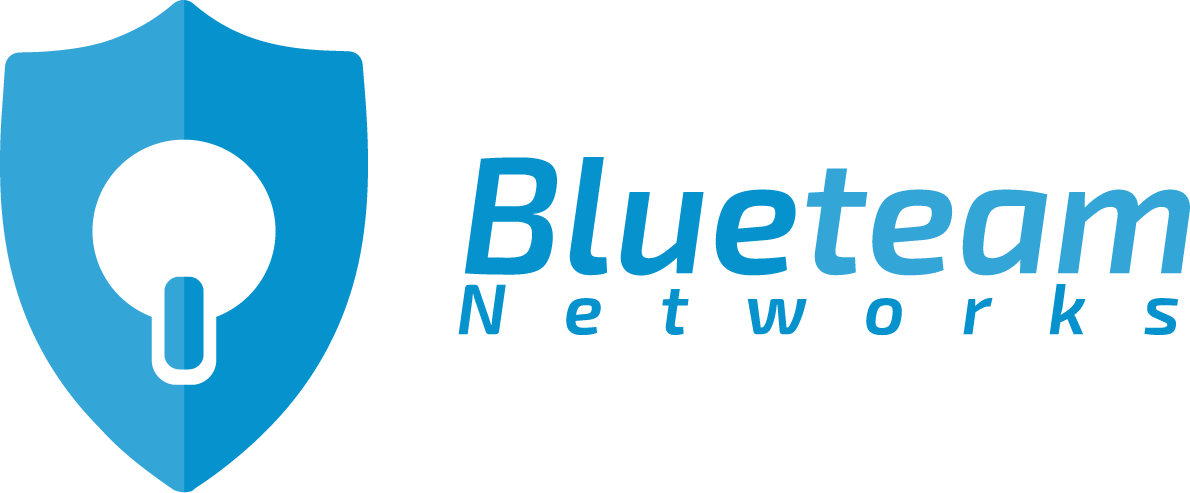
2020 was a landmark year for remote work. Even before the pandemic, more and more companies came to terms with new priorities associated with having a remote workforce. Now, of course, there’s more need than ever for these organizations to think about what cybersecurity measures they’re taking to protect their remote and on-site networks. Whether you own an insurance company, work in a law office, or are an entrepreneur worried about your intellectual property - cybersecurity should be a central concern for any business.
How can you protect your data, employees, and customers from a potential cybersecurity breach? Even if your business has already embraced the concept of remote work, there are still important cybersecurity issues to consider. Here are some cybersecurity tips to ensure that your company and employees are protected.
Use a VPN
There’s a good chance that you’ve heard about a VPN - a virtual private network. A virtual private network, or VPN, is an encrypted connection over the Internet from a device to a network. It helps with your company’s cybersecurity and makes it harder for a hacker to access company information. It can also help protect a home network.
A VPN can help offer more peace of mind to companies with employees who work from home. It can also allow for safer remote access and collaboration. If your company is interested in secure remote work, this is certainly an option that can help. There are lots of affordable VPN providers out there that offer low-cost subscription models. It’s a strategy that has a high payoff with little investment.
Strengthen User Accounts
It can be tempting to use simple passwords to save time and frustration when it comes to remembering them and typing them in. Unfortunately, weak passwords are a threat to network security, especially if you are involved in a remote work lifestyle and are concerned about cybersecurity. User accounts should be fortified with “strong” passwords, which means that they should be at least 10-12 characters long and include at least one number and one special character.
The passwords should also be unique to specific accounts so that one breach won’t leave your entire online world exposed to hackers or cybercriminals. Your business may want to consider a password manager for those who work remotely or work from home. Another smart move would be to enable multi-factor authentication to ensure only authorized users are approving logins.
Set up and Use Firewalls and Antivirus Software
Enable firewalls in your operating systems and hardware. These provide protection between your device and the internet and can prevent malicious programs and other network threats from getting to your PC, tablet, or phone. Your managed IT services provider (MSP) may also provide third-party firewalls if your computers don’t have any built-in by default.
In addition to firewalls, you’ll also want to implement antivirus software to detect and remove any malicious programs that do manage to find their way onto your device. Just remember to continually update the software so it can effectively detect the newest malware.
Secure Home Routers
Home Wi-Fi routers are not as thoroughly secured as their business counterparts so take extra precautions to safeguard them. For starters, change your router password as soon as possible because hackers can easily break into them once they know the router model. You should also install the latest firmware updates to eliminate any security vulnerabilities.
Finally, check whether your router has Wi-Fi Protected Access 2 (WPA2) encryption settings to secure inbound and outbound traffic. If your router doesn’t have this setting, you’re overdue for an upgrade.
Back up your Data
Important files must be backed up regularly in the cloud and your external hard drive. This way, you’ll always have a copy of your files in case of a major data loss incident like ransomware or a power outage. You should have a backup disaster recovery plan in place company-wide.
Keep an Eye Out for Scams
When someone works from home, it can be easy to be fooled by one phishing e-mail that ends up causing a host of cybersecurity issues for their company. For businesses, it might help if every employee is aware of all of the latest online scams out there and what to look for. While they might not be experts, it would help to share information about the latest scams and some easy strategies to identify suspicious messages. Cyber Security Awareness is more important than ever.
For the most part, all employees, whether working from home or in the office, should always keep an eye out for suspicious attachments and links. To avoid these threats, you must be critical of everything you see online. Look for any suspicious links and attachments, grammatical errors in the email body, and misspelled email addresses. Do not click anything that you don’t have to click. If something feels wrong, it probably is, and remember to never give out sensitive information to an unsolicited e-mail or phone call. This is one of those cybersecurity tips that doesn’t cost anything but can save you a lot of headaches down the line.
Read our article: A New Kind of Attack: Distributed Spam Distraction
Patch Software
Many companies are worried about their cybersecurity because they want to protect their data, whether it’s consumer data, intellectual property, or otherwise. One of the smartest things that companies can do is make sure that software updates are installed as soon as they come out. Another option for your business is patch management software. This type of software tracks patches on employee devices and distributes the most recent updates on a company-wide scale. All of this can be time-consuming, especially if your business doesn’t have an IT Department.
All of this might sound frustrating or even scary to businesses that allow or require work from home, but these tips can help protect your data and network security. Many apps also offer automatic updates, which makes the entire process much more manageable. If it still seems frustrating, consider investing in patch management software to distribute updates across the company.
Read our article: How to Stay Productive Despite COVID-19 With Microsoft Teams
Get Help
If you don’t have an IT department, setting up, securing, and maintaining your network can be time-consuming. The risks have never been more significant. Working from home poses many cybersecurity challenges for businesses, but you don’t have to address them alone. If you need guidance with setting up firewalls, avoiding scams, and even enabling MFA, we can provide the IT support you need in this difficult time. Our Mission Control Package is comprehensive, affordable, and will keep your business running smoothly anywhere, anytime.
Recent Posts
Data Breaches Everywhere - What you Need to Know
Despite the most recent user data leaks on Facebook and LinkedIn, which of course, get pretty...
12 Ways to Optimize Security for Office 365
If you own a business or run an IT department, you and your staff are probably using Microsoft...
How to Create a Human Firewall at Your Business and Why You Need One
Most people have at least heard the term firewall, even if they can’t quite define that it’s a...


